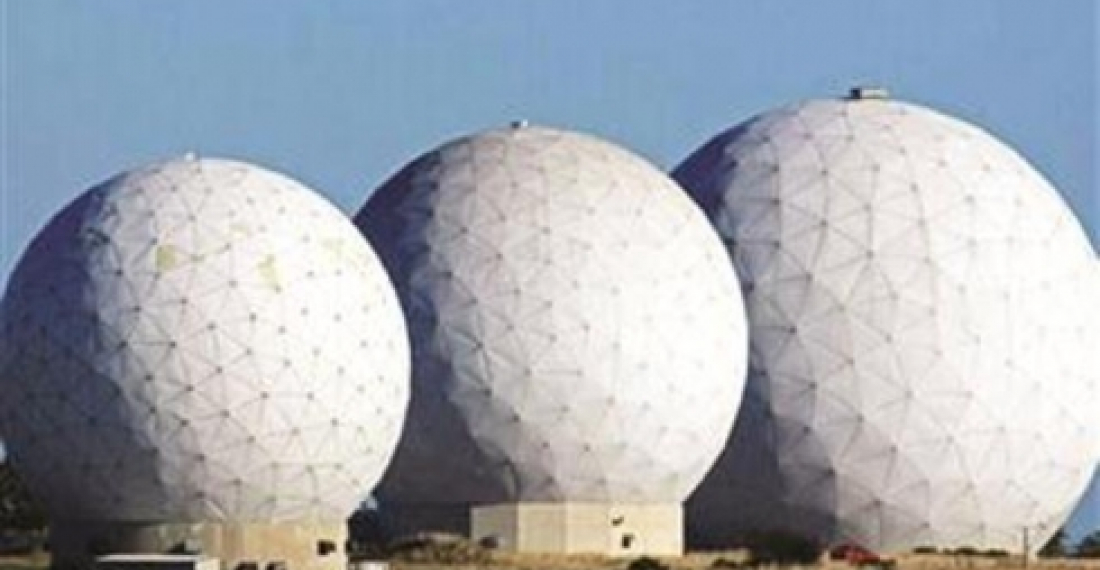An early warning radar system deployed in the eastern Anatolian province of Malatya began its surveillance activities January 1st, Hürriyet Daily News has reported, quoting "reliable sources".
The newspaper said that the radar system is being operated by "a small number of U.S. troops (who) were deployed to the military base at Kürecik in Malatya in the last week of 2011 since the Turkish military has no qualified personnel to run the U.S. AN/TPY-2 (X-band) early warning radar system. Despite the deployment, the installation is a Turkish base and will be commanded by a Turkish high-ranking officer", the newspaper quoted the source as saying.
Hurriyet Daily News said that Turkey joined the NATO-led nuclear defense program only after its conditions were addressed by the alliance. It agreed to the deployment of the early warning radar system on its territory in mid-2011 while the alliance, in turn, agreed to the posting of a high-ranking Turkish general at NATO headquarters in Germany, where intelligence gathered through the radar system will be processed.
Throughout the past few days Turkish officials have been trying to reassure Iran of the purposes and use of the warning system, intended as part of a defensive shield against missile attacks. The matter is understood to have been discussed during the visit of Turkish Foreign Minister Ahmit Davitoglu to Tehran earlier in the week and was also understood to have been raised during the meetings that the Speaker of the Iranian Parliament Ali Larijani has had in Ankara this week.
Commonspace political editor said in a comment "Turkey is trying to balance its traditional role as an important and reliable NATO member and partner with its new role as an independent regional leader with its own agenda and priorities. On many ocassions these two objectives go well in tandem, but on Iran and some other Middle East issues Turkey is having to play a fine balancing act between two contradictory policies. So far Turkish diplomacy has shown resilience and considerable ingenuity. Ahmitoglu is an able diplomat who has the full trust of Prime Minister Erdogan. If the relations between Iran and the west deteriorate however Turkey will have at some point have to make a choice, and this will be a difficult moment for the AK Party Government".
source: commonspace.eu with Hurriyet Daily news
Picture: The new radar system in the Anatolian provicne of Malatya (picture courtesy of Hurriyet Daily news)







